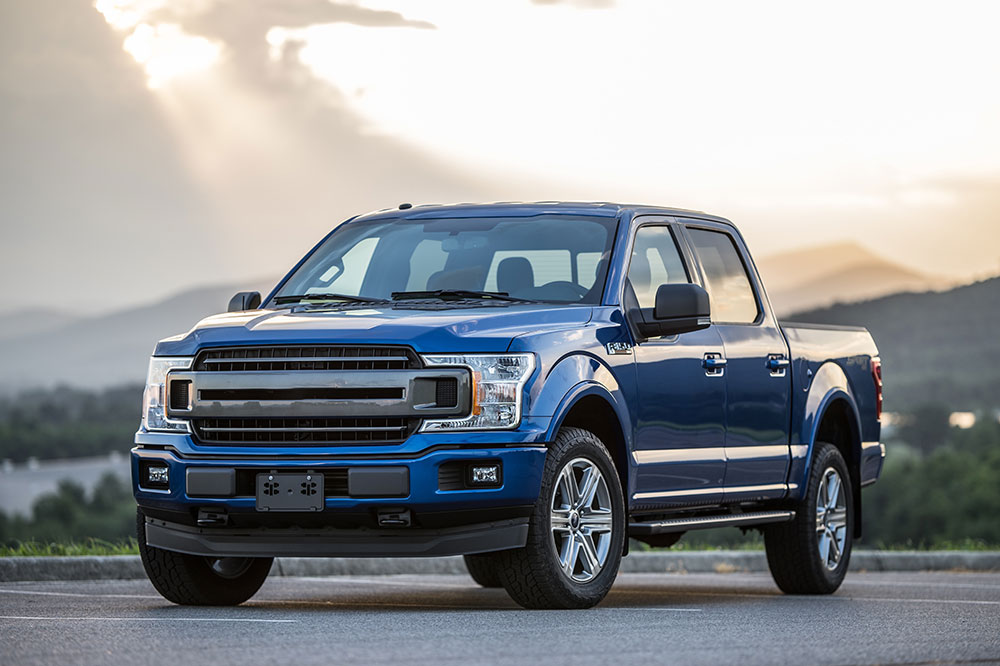Things to know before buying a small pickup truck

A small-sized pickup truck is your best bet If you plan to tow or carry light loads. With the plethora of pickup truck options available in the market, choosing the best small pickup truck can be confusing. Trucks from different automakers in various models offer different cab sizes, bed sizes, towing capacities, and features. Read on to find out the important factors to consider when shopping for the best small pickup truck.
Cab size
Choosing the right cab size according to your needs is very important as it directly affects the bed space available for cargo. A regular cab truck is the smallest and has 2 doors at the sides and a single row of seats with negligible space in between. Extended cab trucks are slightly bigger and have rear doors that are rear-hinged and can only be opened if its adjacent front door is open. Double cab trucks have 4 doors, but the rear seating doesn’t have enough legroom. If you’re looking to comfortably travel across the country with your family, go for a crew cab truck as it has 4 full-size forward-hinged doors and is spacious enough to stretch your legs.
Bed size
The bed is what makes a pickup truck stand out from other vehicles. The best way to know what bed size you need is to figure out the maximum size of the load you want to transport. Usually, bed sizes in a small pickup truck can be anywhere from 5 feet to 8 feet long, but it varies depending on the manufacturer and the cab size you prefer.
Automatic or manual transmission
An automatic transmission is the most prevalent choice today as they’re well suited for driving in cities, on different terrains, and provide great towing ability. Although trucks with manual transmission are not as popular now, some automakers still offer them. Moreover, manual transmission trucks generally cost less.
Two-wheel drive vs. four-wheel drive
While two-wheel-drive trucks’ chassis are well suited for towing and hauling, many truck buyers only prefer four-wheel-drive trucks for its ability to offer a better ride off-road. Four-wheel drives can handle harsh weather conditions, especially snow. However, they are costly and add more weight to the drive, which means decreased fuel efficiency and higher maintenance.
Extra features
Every new model is replete with the latest features, high-tech infotainment systems, and luxury amenities. Some need big screens with up-to-date navigation systems, whereas those who spend a lot of time in the truck during winter may need seat warmers. Other features include off-road suspension systems, plush interiors, exterior storage bins, and tow packages. You must list the features you need and opt for a truck that is replete with these features as higher the number of features, costlier the truck.
Buying a used truck
You can consider a used pickup truck as it can offer great value for money when compared to fast-depreciating new vehicles. However, it can be tricky if you have no knowledge about pickup trucks and automobiles in general. It’s best to have a trusted mechanic inspect the vehicle thoroughly and take it for a test ride. It’s recommended that you research in detail before buying a used truck.

